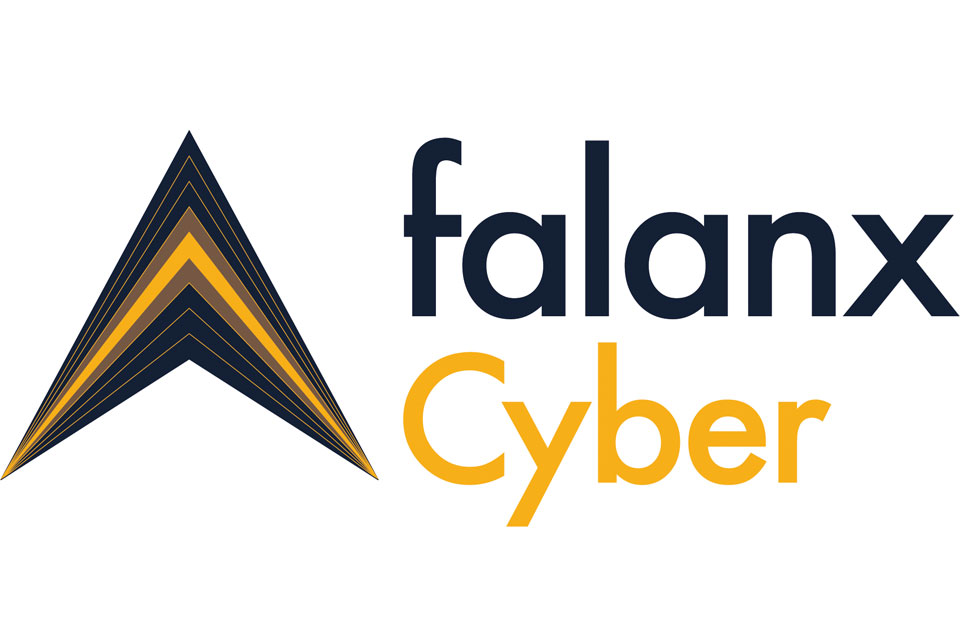NCSC issues DoS attack guidance for business

Organisations worried about the threat of Denial of Service (DoS) attacks have been recommended to read guidance published by the National Cyber Security Centre. Wikipedia suffered a suspected DoS attack on Saturday September 7th that resulted in intermittent site access for some users in the UK, Europe and the Middle East. Advice for SMEs, large organisations, […]
Humans: The root cause of your cyber security issues

More than 99 per cent of cyber threats require human interaction to execute – enabling a macro, opening a file, following a link, or opening a document – signifying the importance of social engineering to enable successful attacks. That’s according to the latest Human Factor report from Proofpoint, which highlights the ways in which cybercriminals […]
Is email security training a waste of your time?

If users are the ones being tricked, train users and they won’t get tricked. Easy! Except it doesn’t quite work like that. Can user training ever hope to keep pace with the constantly evolving threat landscape? And who decided user training was the right solution in the first place? Click here to read the latest […]
Look who you’ll be joining at the Security IT Summit

The Security IT Summit is taking place this autumn and we’d love for you to join us as our VIP guest. 5 November 2019 – Hilton London Canary Wharf This VIP pass will give you the opportunity to meet with suppliers based on your own unique requirements, attend a series of seminars and network with […]
Keeping data secure in the oil and gas industry

By Jerry Askar, Managing Director Middle East, Levant & Africa, Certes Networks As automation continues to evolve, the utilities sector is finding that encryption of their network data is a critical to safeguard against cyber-attacks. And, as organisations across the globe continue to prioritise cybersecurity, the threat landscape continues to expand. Although good progress is being made, it […]
INDUSTRY SPOTLIGHT: Falanx penetration testing

To minimise risks from hackers you need to think and act like a hacker. Penetration testing does just that, pseudo hackers attack your systems to help expose and fix vulnerabilities. Whether it’s web applications, internal networks, mobile devices or wireless networks, penetration testing is critical to ensure high levels of cyber security. But why, when […]
Are trusted employees your biggest threat?

Trusted employees have access to company-sensitive information, assets and intellectual property, and permission to make financial transactions – often without requiring any further approval. Attackers target these privileged, trusted people – impersonating suppliers, regulators and colleagues – and try to encourage them to do something they have permission to do, but shouldn’t, like diverting payments […]
Do you specialise in Vulnerability Management? We want to hear from you!

Each month on IT Security Briefing we’re shining the spotlight on a different part of the cyber security market – and in September we’re focussing on Vulnerability Management solutions. It’s all part of our ‘Recommended’ editorial feature, designed to help IT security buyers find the best products and services available today. So, if you’re a Vulnerability Management solutions […]
Your personalised schedule at the Security IT Summit

The Security IT Summit is a highly-focused one-day event that will help underpin your strategy for 2020 and beyond. It takes place on November 5th at the Hilton London Canary Wharf and is entirely FREE for you to attend. This will be your schedule: 8.00am: Registration 8.45am: Opening presentation 9.40am: Seminar sessions 10.30M: Pre-arranged 1-2-1 […]
Your personalised schedule at the Smarter Payments Summit…

The Smarter Payments Summit is a highly-focused one-day event that will help underpin your strategy for 2020 and beyond. It takes place on September 9th at the Hilton London Tower Bridge and is entirely FREE for you to attend. This will be your schedule: 8.00am: Registration8.45am: Opening presentation9.40am: Seminar sessions10.30M: Pre-arranged 1-2-1 meetings with suppliers […]


